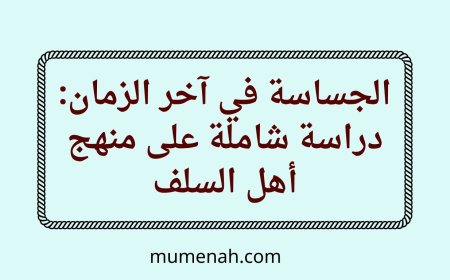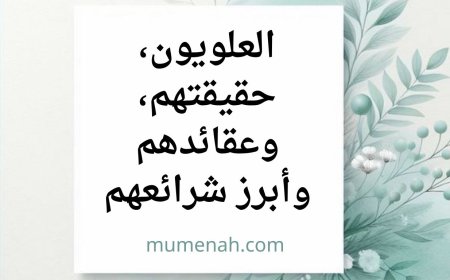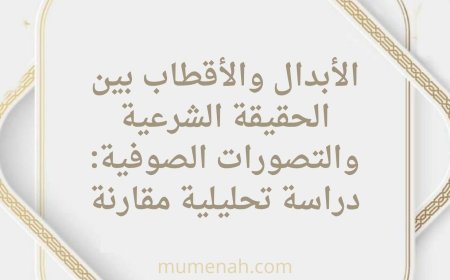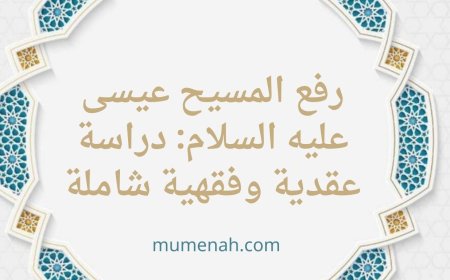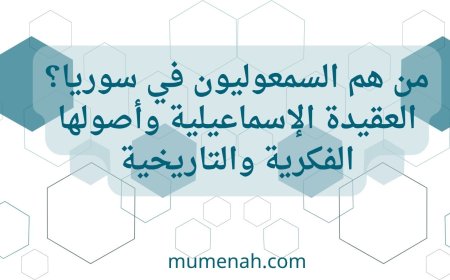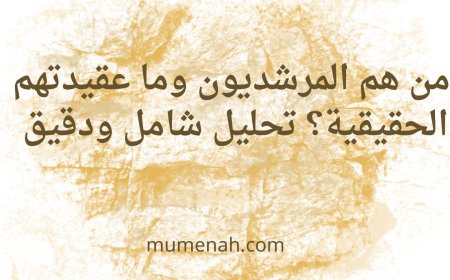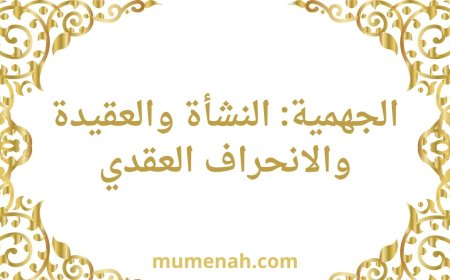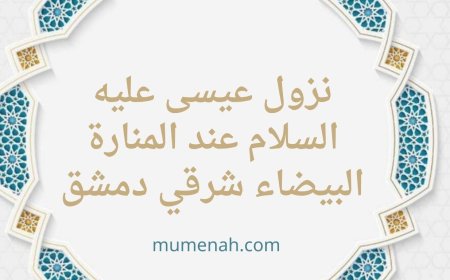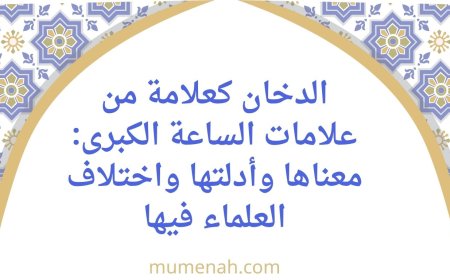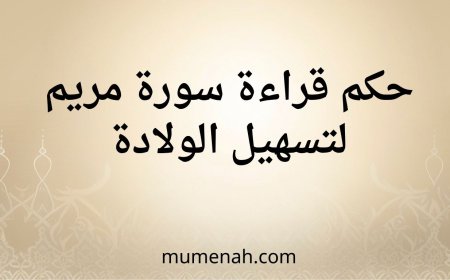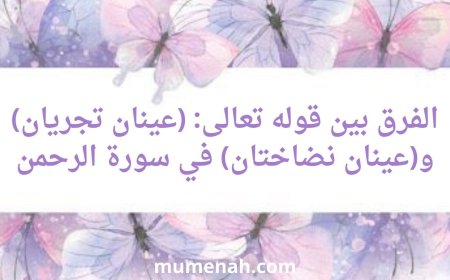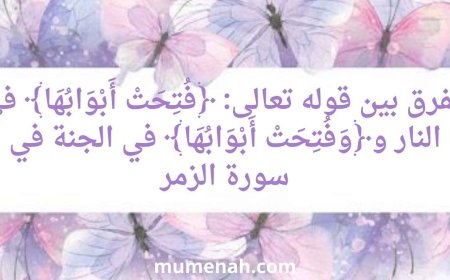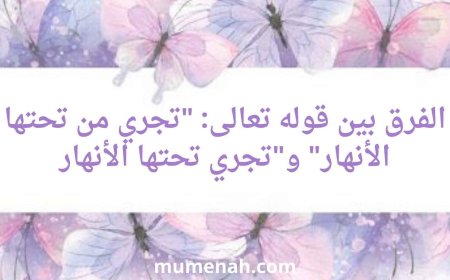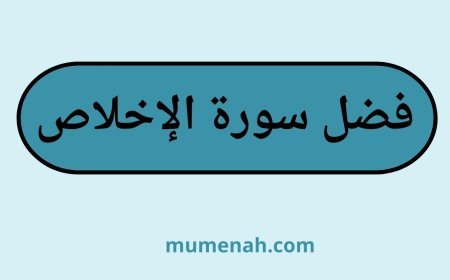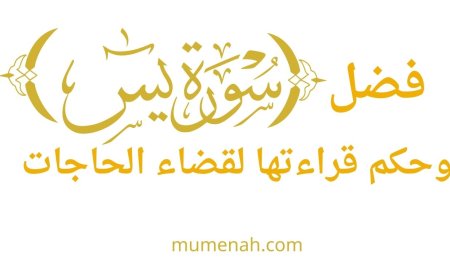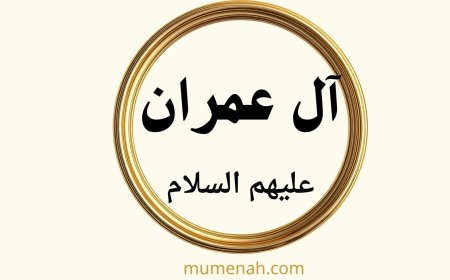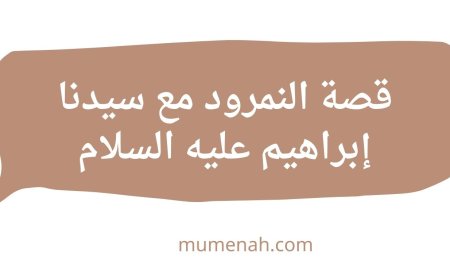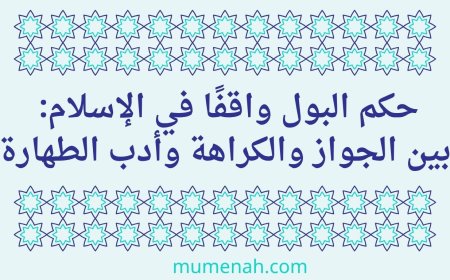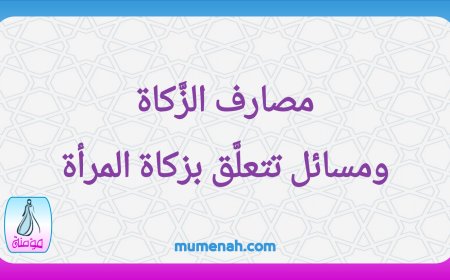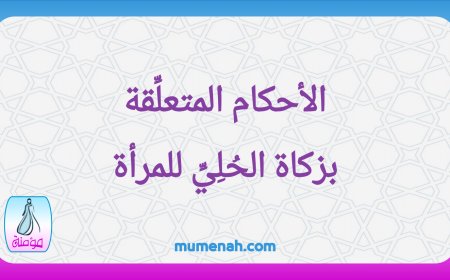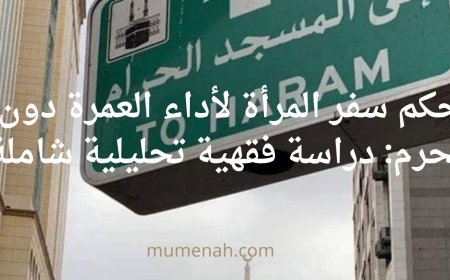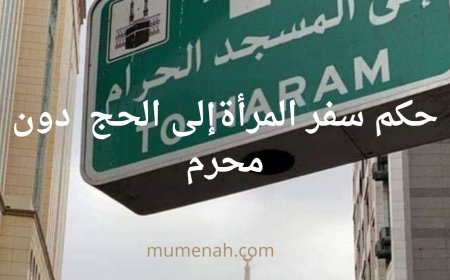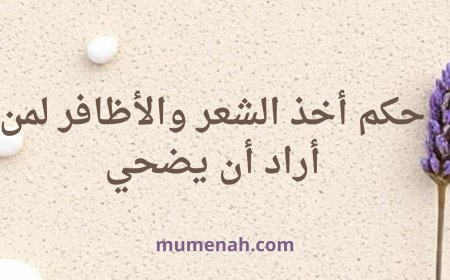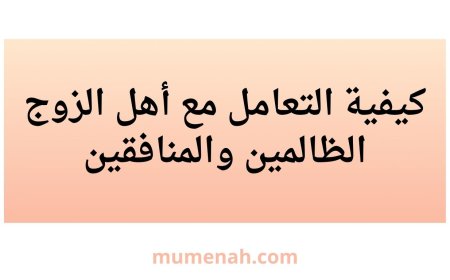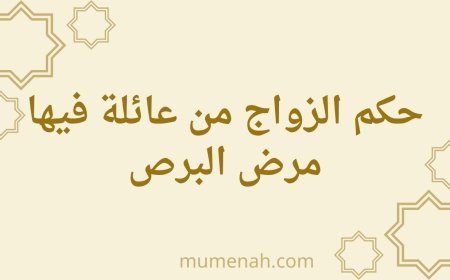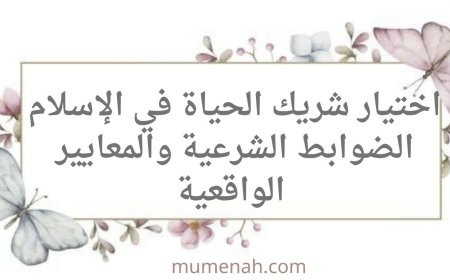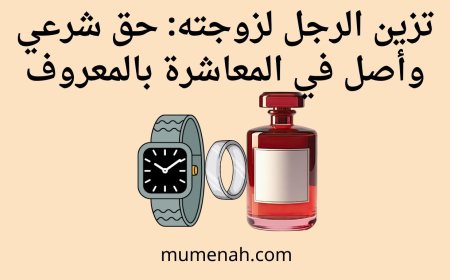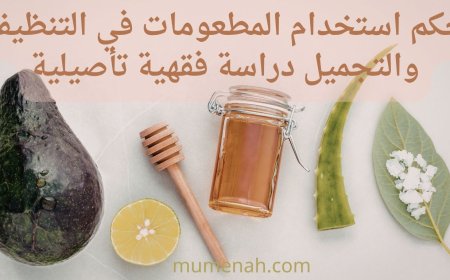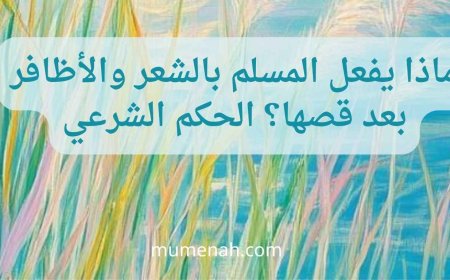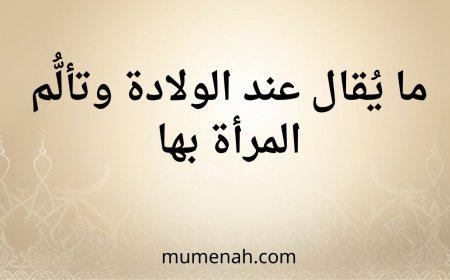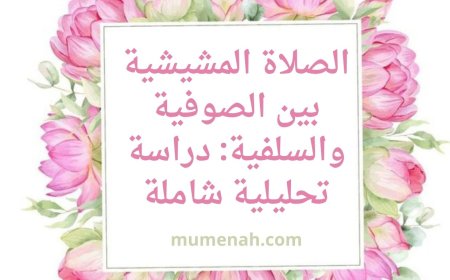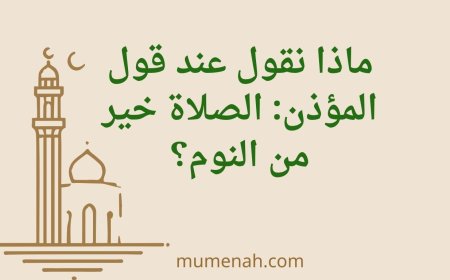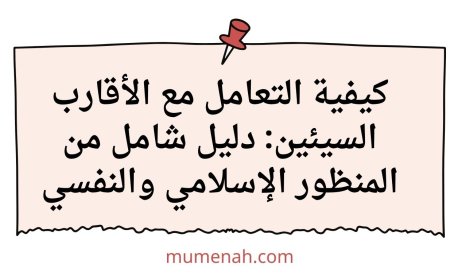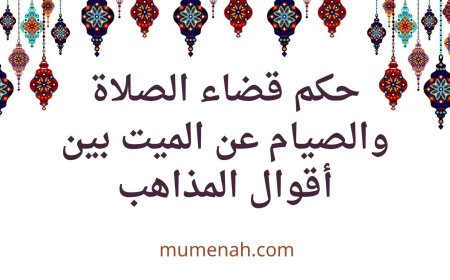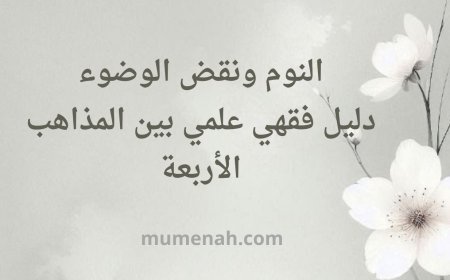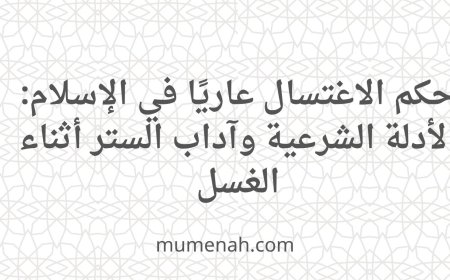The Wisdom Behind Performing Wudu After Eating Camel Meat
Discover the spiritual, medical, and legal wisdom behind performing wudu after eating camel meat in Islam. Explore scholarly opinions, hadith evidence, and contemporary insights in this comprehensive guide.
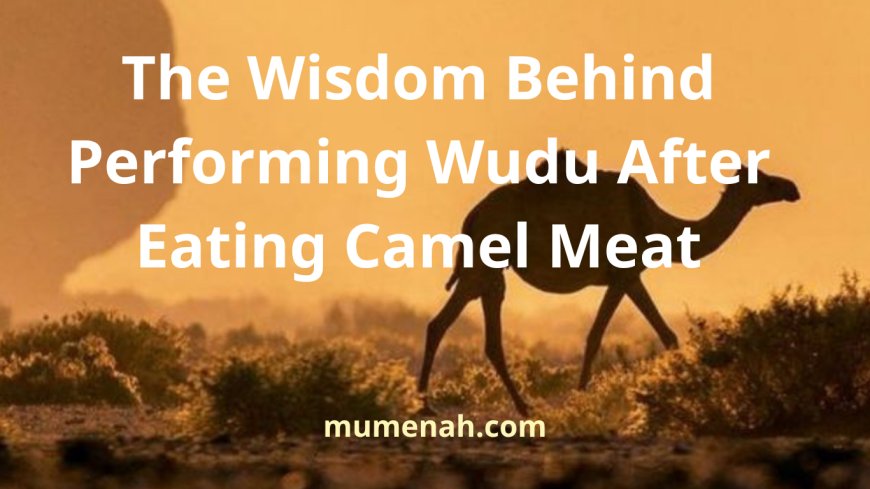
-
introduction
مسألة نقائض الوضوء من أكل لحم الإبل محلّ خلافٍ بين المذاهب الفقهية الإسلامية المختلفة. يستكشف هذا المقال الأحاديثَ الأصولية، ومواقفَ المذاهب الكبرى، وحججَ كلا الفريقين، والحكمَ العميقةَ - الماديةَ والروحيةَ والعباديةَ - المرتبطةَ بهذا الحكم.
-
Prophetic Traditions on the Issue
أحاديث تؤيد الوضوء من أكل لحم الإبل:
· عن جابر بن سمرة قال: سأل رجل النبي ﷺ:"Should we perform wudu after eating mutton?" The Prophet replied: "If you wish, you may do so." Then the man asked, "What about camel meat?" The Prophet said: "Yes, perform wudu after eating camel meat."
(Narrated by Muslim and Abu Dawood)· Al-Bara’ ibn Azib also reported a similar question and answer where the Prophet ﷺ clearly commanded ablution after eating camel meat but did not require it for sheep meat.
(Narrated by Abu Dawood and al-Tirmidhi) -
Jurisprudential Positions
Hanbali School:
The Hanbalis hold that eating camel meat invalidates wudu. Their stance is based on the clear and authentic prophetic traditions, taking the command literally and treating it as obligatory.
Other Schools (Hanafi, Maliki, Shafi’i):
These three schools generally do not consider eating camel meat as nullifying wudu. They interpret the hadiths as recommending ablution rather than mandating it, often pointing to contextual or abrogating evidence.
-
Key Arguments
In Favor of Requiring Ablution:
- The hadiths are sound and explicit.
- The Prophet's command is taken at face value unless a strong counter-proof exists.
- The principle in Islamic jurisprudence is that a command implies obligation unless another evidence indicates otherwise.
Against It Being Mandatory:
- Citing the hadith of A’ishah: “The last command of the Prophet ﷺ was to abandon wudu from anything that has been touched by fire.”
- This is interpreted to mean that earlier rulings requiring wudu due to food were abrogated.
- They argue the hadiths on camel meat are meant for recommendation, not obligation.
- The hadiths are sound and explicit.
-
Contemporary Scholarly View
Many modern scholars lean toward the Hanbali position, affirming the obligation of wudu after eating camel meat. Notable figures such as Shaykh Ibn Baz, Shaykh Ibn Uthaymeen, and Shaykh Al-Albani support this view, arguing that the clarity of the hadiths cannot be dismissed and that abrogation claims require explicit evidence, which is lacking in this case.
-
Exploring the Wisdom Behind the Ruling
Medical Perspective:
- Camel meat is described in traditional medicine as being "hot and dry" in nature. It may have physiological effects, such as stimulating blood flow or increasing internal heat.
- Wudu is believed to have a cooling and calming effect on the nervous system, potentially counterbalancing the intense nature of camel meat.
Psychological and Spiritual Impact:
- Wudu renews a person's spiritual state, fostering clarity, purity, and mindfulness.
- The ritual serves as a reset for the soul, especially after consuming a food that may have a unique energetic or emotional impact.
Devotional and Symbolic Wisdom:
- This ruling may act as a test of obedience to divine commandments, emphasizing submission even when full reasoning is not apparent.
- It also illustrates the Shari’ah’s attention to detail in even mundane acts like eating, fostering a consciousness of the sacred in daily life.
- The act may symbolize spiritual vigilance, encouraging constant purification and awareness of one's state before Allah.
- Camel meat is described in traditional medicine as being "hot and dry" in nature. It may have physiological effects, such as stimulating blood flow or increasing internal heat.
-
Scholarly Insights on the Wisdom
Ibn Taymiyyah:
He suggested that camel meat possesses a certain “fiery” or disruptive energy that affects human nature, which ablution helps to moderate.
Ibn Qayyim al-Jawziyya:
He believed the command might stem from specific physiological effects of camel meat that justified the distinct treatment.
Modern Interpretations:
Contemporary scholars emphasize that the wisdom may remain partially hidden, with the core lesson being the importance of obedience over understanding. Over time, science or further insight may reveal aspects of the ruling’s rationale.
-
Important Considerations:
- The wisdoms mentioned are speculative (ijtihadi) and not definitive.
- The lack of complete understanding does not invalidate the ruling for those who uphold it.
- In Islamic law, the principle of ta’abbud—devotional submission—takes precedence when reasoning is unclear.
- Many Shari’ah rulings have hidden dimensions that become clearer with time and study.
- The wisdoms mentioned are speculative (ijtihadi) and not definitive.
-
Conclusion
The matter of whether camel meat nullifies wudu touches on both legal interpretation and deeper theological reflection. While the four Sunni schools differ, the hadith evidence is strong enough for many contemporary scholars to prefer the Hanbali view. The ruling also provides a window into the multi-layered wisdom of Islamic law—blending medical insight, spiritual refinement, and pure submission to divine command.
